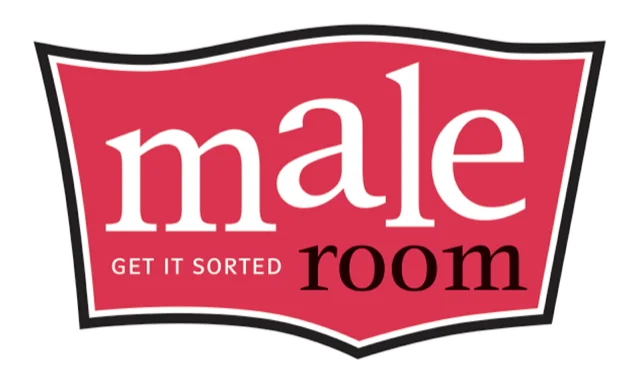Hello there,
In our day to day operations we see up to 50 people through our service, accessing support for mental health and childhood trauma, as well as some just needing a shower and some breakfast and conversation.
If you would like to make a donation to support us, no matter how big or small it’s always appreciated. With any donations received we ensure every dollar goes directly to the people we support in our community. This would include helping to supply a hot breakfast, coffees, toiletries or a pair of socks to keep someone warm.
If you wish to do so the details are
Male Room 2021 Trust
03-0703-0065230-000
Thank you from the Male Room team.


